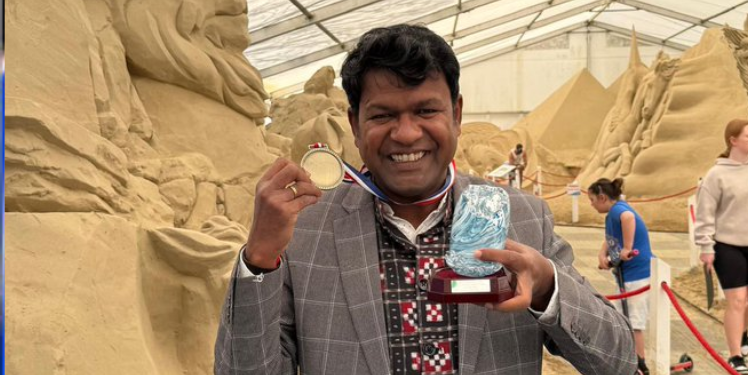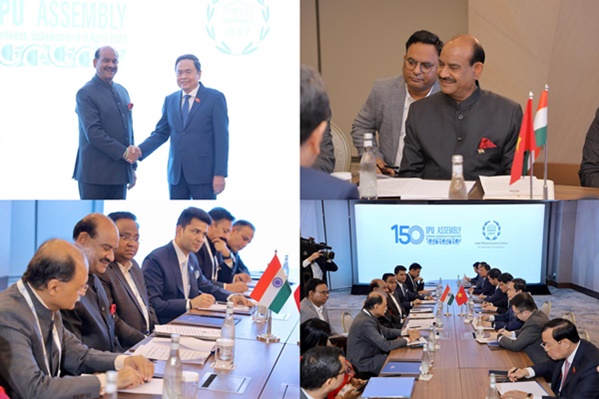States can fill 85% seats through NEET-II: SC
Wed 04 May 2016, 11:42:29

The Supreme Court on Tuesday told states opposing the National Eligibilty-cum-Entrance Test (NEET) that they can still fill their share of 85% seats for MBBS and BDS courses through Phase II of the exam.
A three-judge bench presided over by Justice Anil R Dave, which began hearing applications, including one filed by Karnataka seeking permission to conduct their own test, asked the Centre, Medical Council of India and the CBSE to respond to their plea by Thursday.
“Filling up 85% seats is still reserved with you only. The students, who have not filled the form (for NEET Phase I on May 1) can still avail the opportunity for the next phase to be conducted on July 24,” the bench told Karnataka’s Advocate General Madhusudan Naik.
The All India Pre-Medical/Pre-Dental Examination, hitherto conducted by the CBSE, was held to fill the all-India quota of 15% seats in colleges in states. The single test, now called NEET, is expected to save students from hassles of appearing in multiple examinations.
Senior advocate K K Venugopal, appearing for Karnataka’ s Association of Private Medical Colleges, contended that there was statutory arrangement allowing the colleges to hold their own examination in English and vernacular language for which all arrangements had already been made. Venugopal cited the
recent suicide by an IIT-JEE aspirant in Kota, saying that students, particularly from the rural background, were undergoing a lot of stress as time for preparing for a common entrance test was very short.
recent suicide by an IIT-JEE aspirant in Kota, saying that students, particularly from the rural background, were undergoing a lot of stress as time for preparing for a common entrance test was very short.
The bench, also comprising Justices Shiva Kirti Singh and Adarsh K Goel, said: “The students from rural background still can’t pass your test without coaching. Even the best students are found from the most backward regions.”
The court was also not apparently convinced with the plea for students who studied in vernacular medium facing difficulty, as it said the names of scientific terms are generally same in the regional languages.
Additional Solicitor General Tushar Mehta, representing Gujarat, claimed every scientific term in English had its distinct name in Gujarati.
Senior advocate L N Rao, appearing for Vellore-based Christian Medical College, said the state cannot take its right to conduct its own examination, started since 1993, for filling 85% seats from students of the minority community.
The court, however, told him those unsuccessful in the examination still had to appear for other tests. “You may have an excellent reputation, no doubt, but you cannot say that you would not get students of your choice from an all-India examination,” the bench said.
No Comments For This Post, Be first to write a Comment.
Most viewed from Specials
Most viewed from World
AIMIM News
Latest Urdu News
Most Viewed
May 26, 2020
Do you think Canada-India relations will improve under New PM Mark Carney?
Latest Videos View All
Like Us
Home
About Us
Advertise With Us
All Polls
Epaper Archives
Privacy Policy
Contact Us
Download Etemaad App
© 2025 Etemaad Daily News, All Rights Reserved.






















.jpg)
.jpg)
.jpg)

















